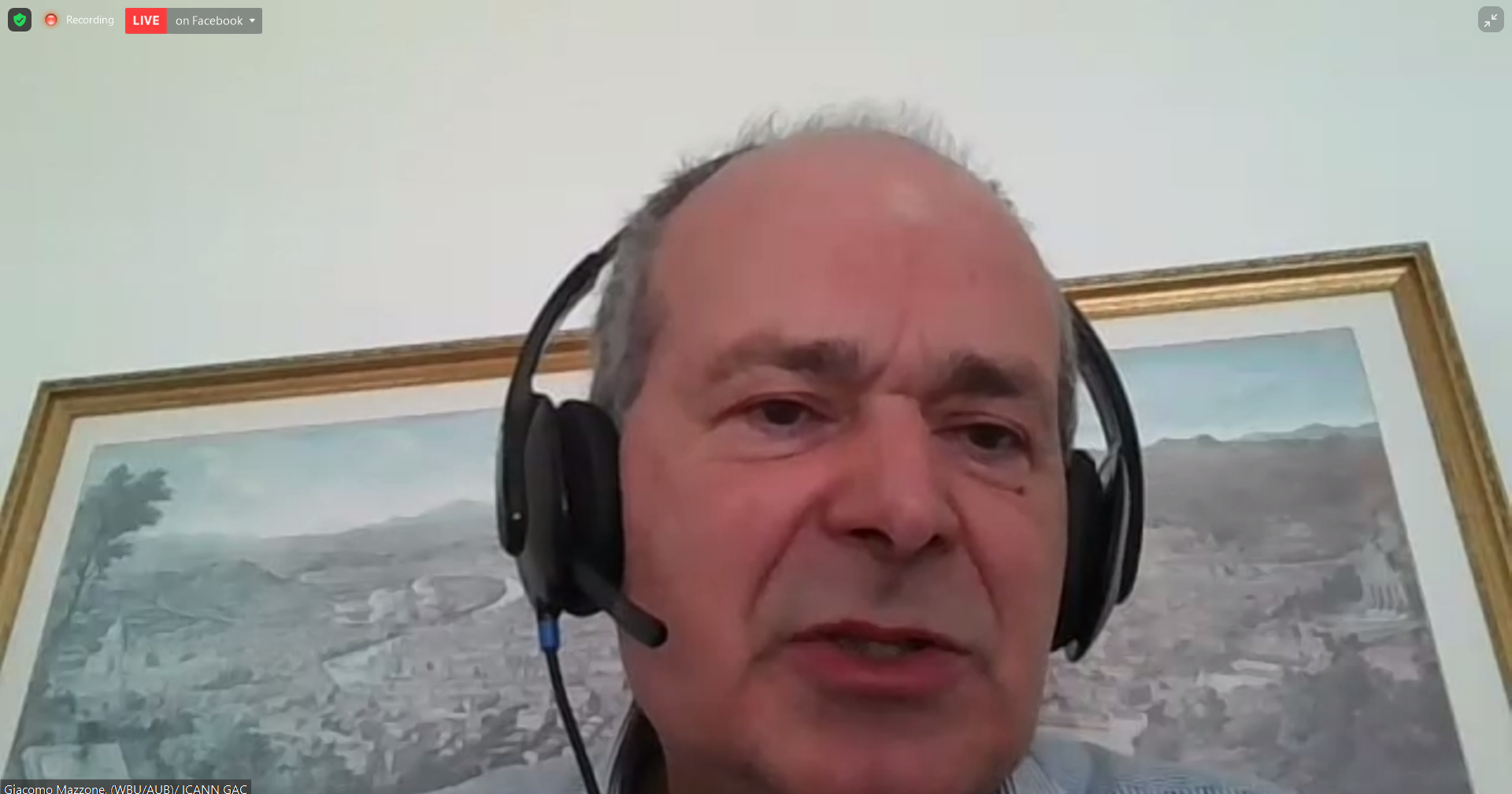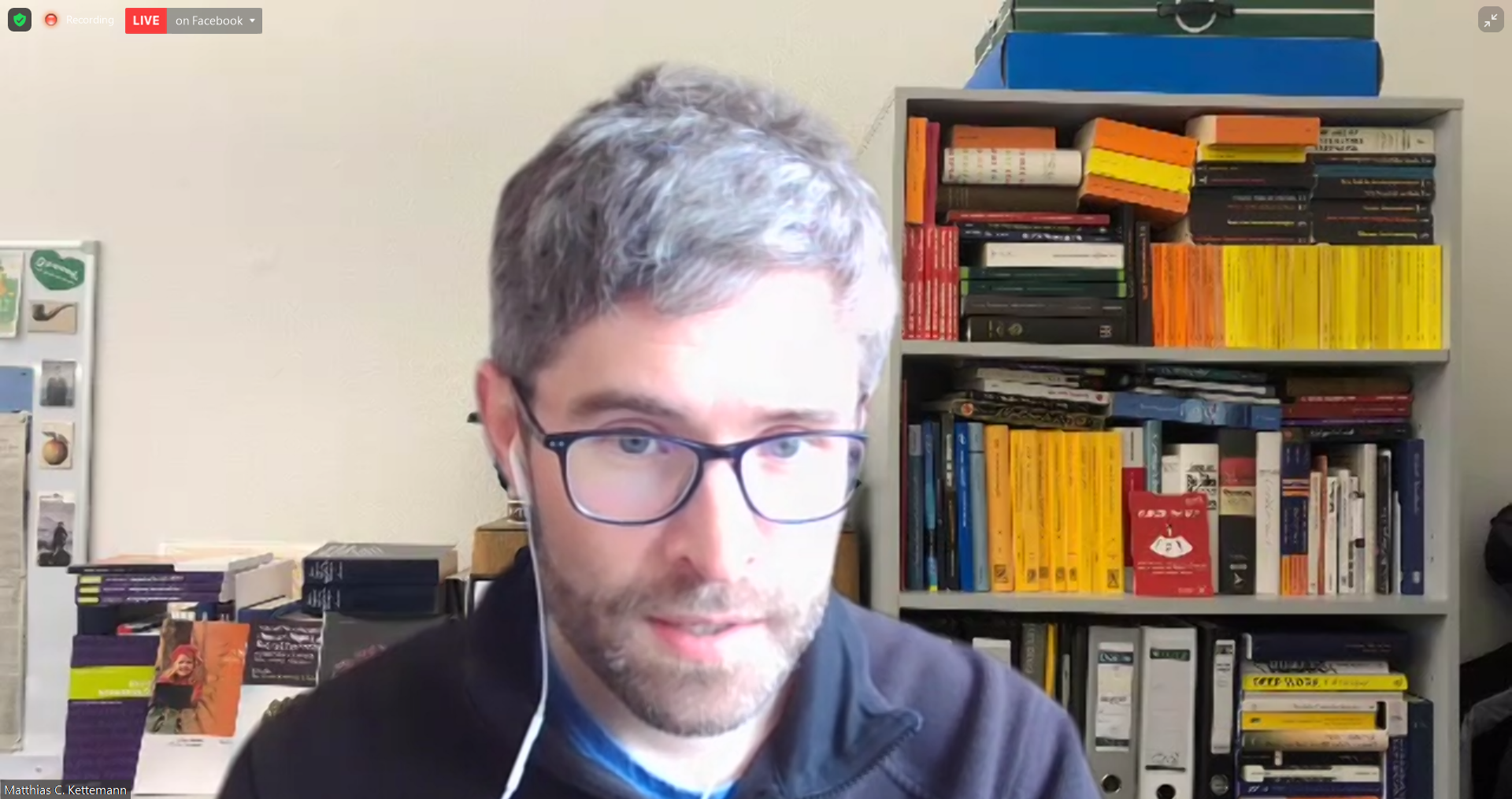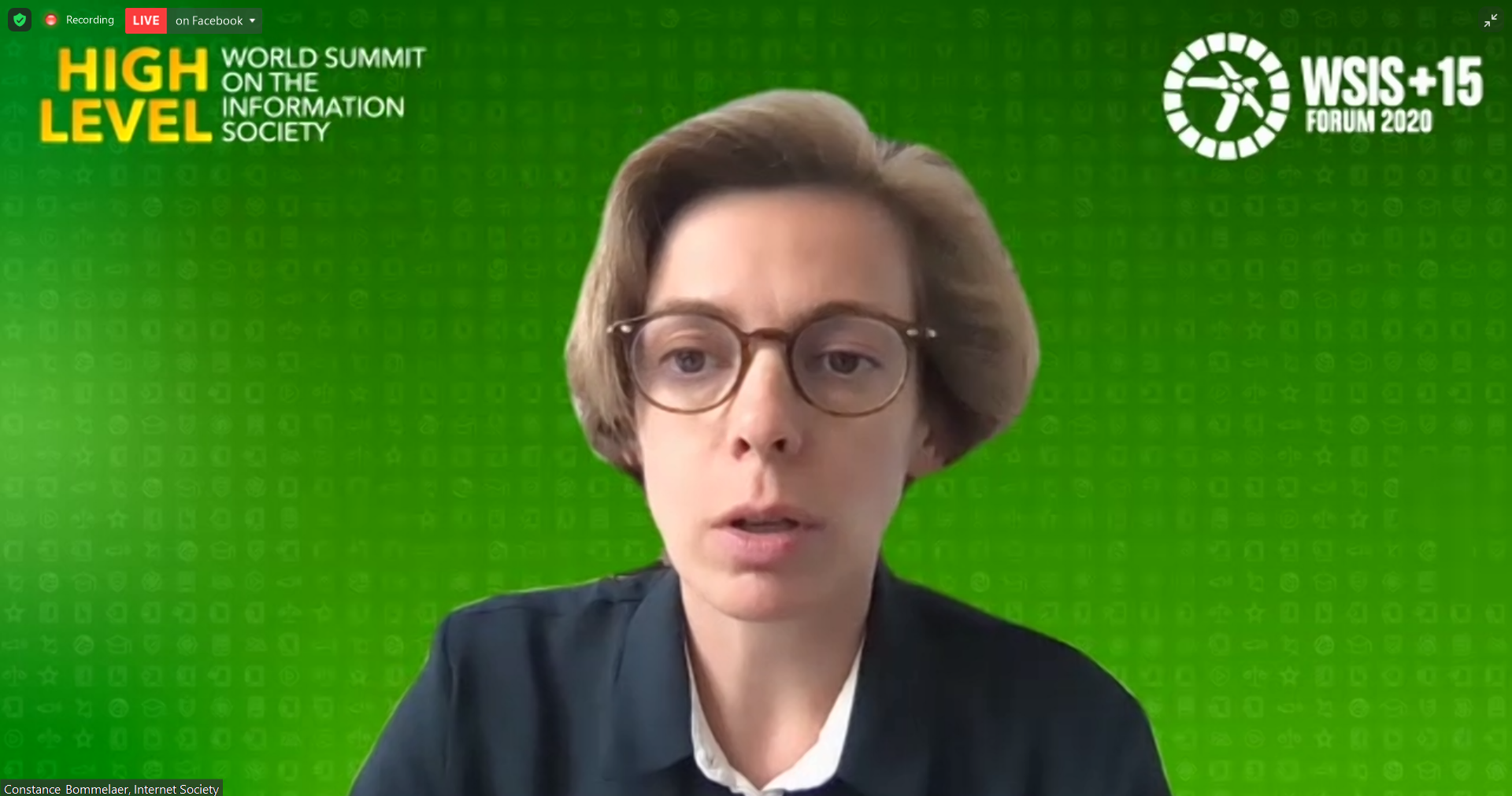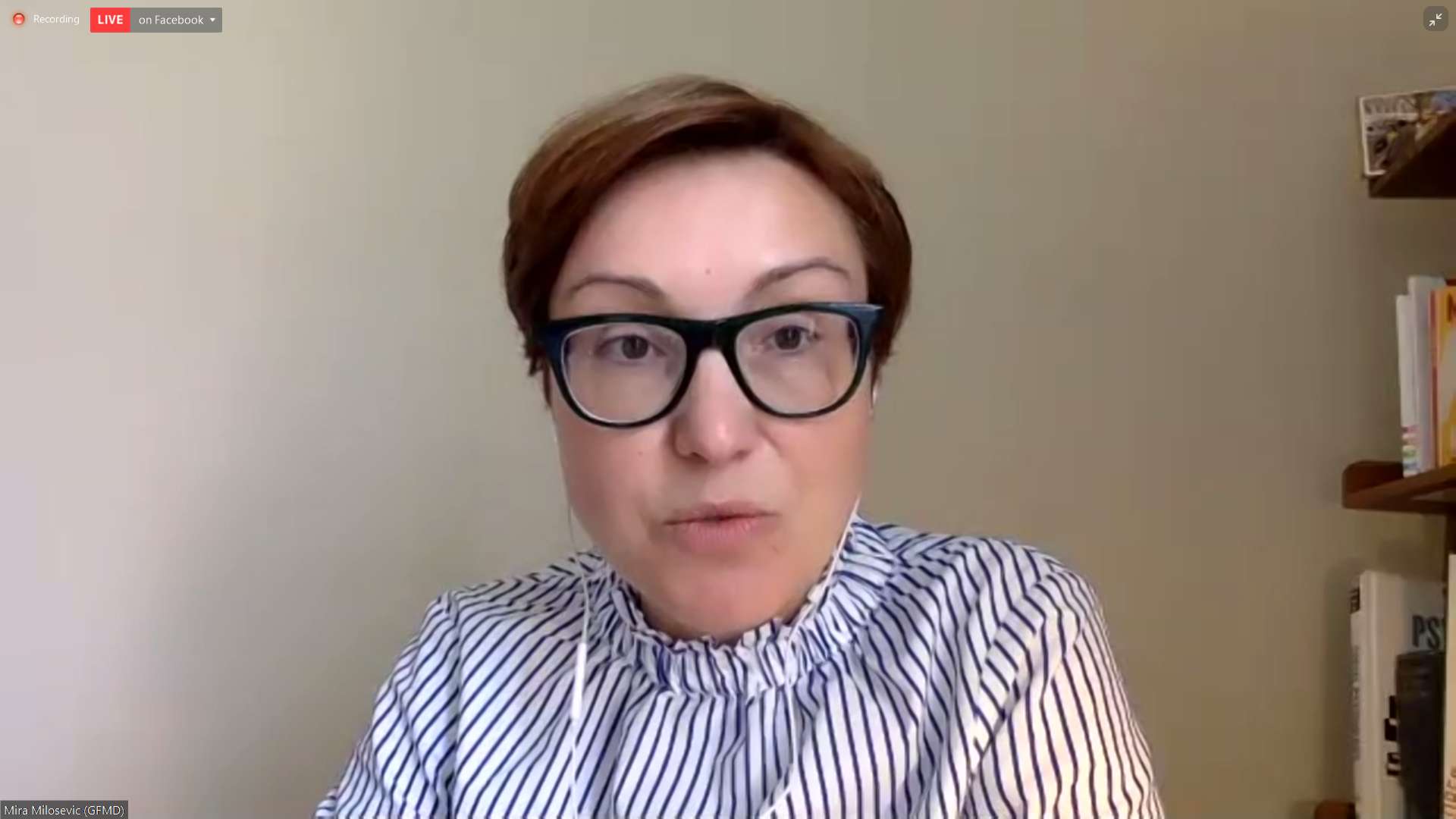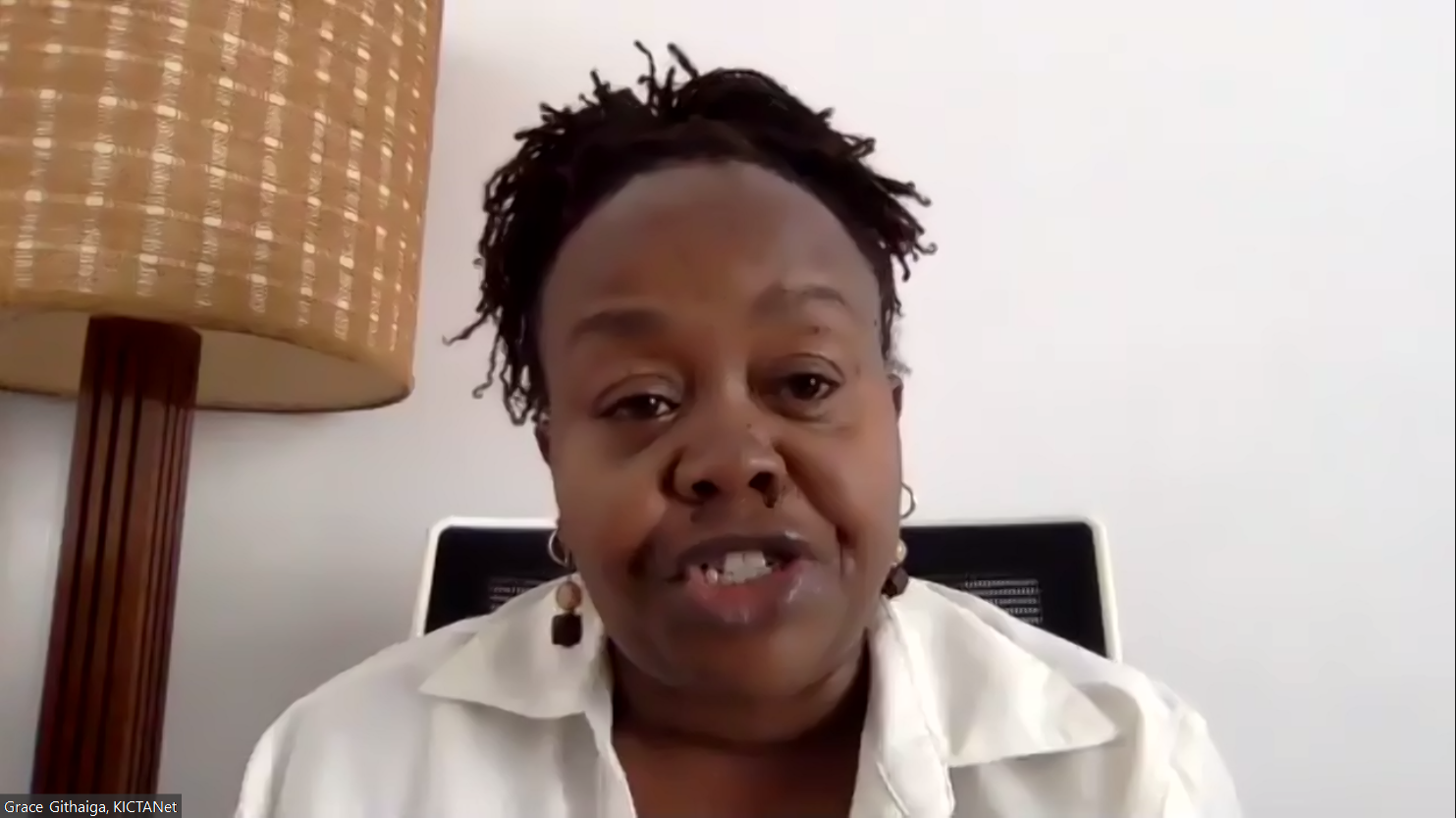ALFM C3: Advancing Internet Universality for responding the pandemic and supporting SDGs
UNESCO
Session 367
UNESCO’s Internet Universality Indicators have been developed as an internationally recognized toolkit to be used by all on a voluntary basis. They allow UNESCO Member States and all interested stakeholders to operationalize the concept of ‘Internet Universality’ and help them to pinpoint gaps and make recommendations to improve their national Internet policies including those protecting online human rights and open Internet.
The COVID-19 pandemic has reminded the world of the importance of the Internet, as a window to education, access to information, health, culture and countless other aspects of daily life. UNESCO thus stands strongly for defending Internet Universality ROAM principles (Rights, Openness, Accessible by all and Multistakeholder participation) and assessing Internet Universality Indicators (IUIs) on preserving human rights on the Internet as well as its openness and accessibility in a spirit of multi-stakeholder participation in the norms, regulations and programmes that govern digital technologies. The session aims:
1. To present UNESCO’s Internet Universality Indicators project which fills a standard-setting void at the global and national levels as an “internationally recognized research tool”, highlighting the relevance of the IUIs in strengthening and shaping COVID-19 pandemic responses and supporting the achievement of Sustainable Development Goals.
2. To showcase the assessment results of a number of countries across five continents which help to identify gaps and challenges and formulate policy recommendations for advancing digital transformation.
3. To invite WSIS stakeholders join Dynamic Coalition of Internet Universality Indicators and encourage more countries and stakeholders to conduct voluntary assessment of IUIs.
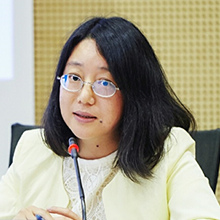
Dr. Xianhong Hu, UNESCO’s Programme Specialist and global focal point of Internet Universality Project at the Sector of Communication and Information and an affiliate of Harvard University Berkman Klein Center for Internet and Society. Her expertise and responsibilities are in the areas of freedom of expression, privacy, journalism, media development, Internet governance, AI policies and digital transformation. She has followed the UN led processes of the World Summit of the Information Society (WSIS) and Internet Governance Forum (IGF).
She manages UNESCO project of Internet Universality R.O.A.M framework/indicators (Rights, Openness, Accessibility, Multi-stakeholder) and a number of national policy assessment projects across five continents. Her policy work relates to apply ROAM principles to govern the Artificial Intelligence and other advanced ICTs including 5G, block chains, IoT, etc, through her recent co-authored UNESCO study Steering AI and Advanced ICTs for Knowledge Societies: A ROAM Perspective’.
She received a PHD from Peking University in 2007.
WEBSITE https://en.unesco.org/internet-universality-indicators
TWITTER : @HuXianhong
PUBLICATION: Steering AI and advanced ICTs for knowledge societies: a Rights, Openness, Access, and Multi-stakeholder Perspective Full book: https://unesdoc.unesco.org/ark:/48223/pf0000372132.locale=en
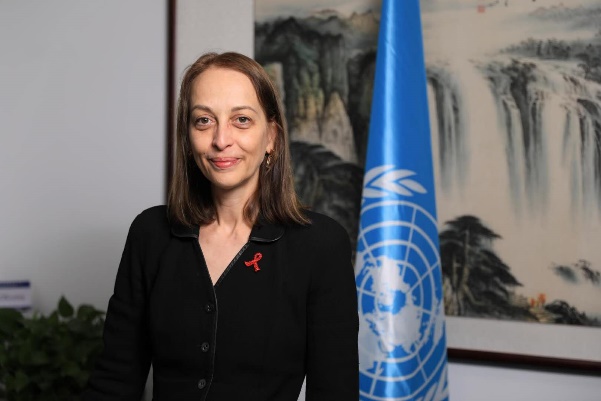
Dr. Marielza Oliveira (Brazil) was appointed Director for Partneships and Operational Programme Monitoring in 2021 . Previously, she was the Director of UNESCO Beijing (2015-2020). She was the global Results Manager for UNDP, where she also held positions as country manager for Latin American countries (2001-2015). She was also senior consultant at Fundacao Dom Cabral (Brazil, 1995-1999), and Director of Executive Education at Ibmec Business School (2000–2001). She holds a Master of Science in Finance (1990) and a Ph.D. in Business Administration (1995) from the University of Illinois at Urbana-Champaign, USA.
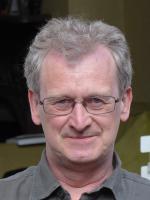
David is a longstanding associate of APC, and has worked for more than 20 years on the relationship between ICTs and public policy, particularly development, environment, governance (including internet governance) and rights. He has written a book for APC about WSIS, edited the second edition of APC’s ICT Policy Handbook, and undertaken research for APC on internet governance and human rights. He was lead consultant for the UN Commission on Science and Technology’s ten-year review of WSIS outcomes, and has worked extensively as an advisor to UN and international development agencies (especially UNESCO, ITU, CSTD and UNCTAD), research institutes and civil society. He was a visiting professor at Strathclyde University and will shortly complete a period as Visiting Senior Fellow in the Media and Communications Department at the London School of Economics.
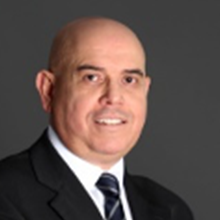
Alexandre Barbosa is head of the Regional Center for Studies on the Development of Information Society (Cetic.br), and is in charge of several nationwide ICT surveys and research projects on the socio-economic implications of ICTs, including research on Electronic Government. He was chair of the Expert Group on ICT Household indicators from the International Telecommunication Union (ITU). He holds a PhD in Business Administration from Getulio Vargas Foundation (Brazil), a Master’s in Business Administration from Bradford University (UK), an MSc in Computer Science from the Federal University of Minas Gerais (Brazil) and a BSc in Electrical Engineering from Catholic University (Brazil). He has also conducted postdoctoral research at HEC Montréal (Canada).

Mira Milosevic is the Executive Director at Brussels-based Global Forum for Media Development (GFMD). She leads GFMD’s engagement with the United Nations, the Internet Governance Forum, and other multilateral institutions as well as GFMD’s international efforts advocating for the sustainability of journalism and news media. Mira frequently writes and speaks about the intersection of media, economy, technology, and human rights. Before joining GFMD, she authored the World Press Trends reports, the most authoritative global source of data and analysis on the international newspaper industry, managed Media Development Programmes at WAN-IFRA, served as Chief Platform Officer at Indie Voices, and as Director of Belgrade-based Media Center. Mira holds a BA in Economics and MA in Communication; she has started her career as a journalist and is still a journalist at heart.

Constance is currently Area Vice President, Institutional Relations at the Internet Society. Strategic thinker, coupled with experienced and practical hands-on approach, she is responsible for the department's budget and strategic planning while liaising with ISOC's Regional Bureaus. She also leads the organization's engagement with the UN (SDGs, WSIS, etc.) with a strong focus on issues at the intersection of media development and Human Rights.
Constance has extensive experience in developing partnerships and building alliances across stakeholder communities including governments, academia, civil society and business. Well versed in consensus-based and multistakeholder approaches she served on a number of committees: appointed by the UN Secretary-General to the Multistakeholder Advisory Group (MAG) for the IGF (2015), the World Economic Forum (WEF) Cyber-Resilience Partnership (2013), chair of UNESCO's Mixt Programmatic Commission on ICT and e-Ethics (2009), founder of the Internet Technical Advisory Committee (ITAC) to the OECD (2008).
In 2010 and 2011 she was responsible for the strategic and operational development of The Internet Society's Next Generation Leaders program, a youth program designed to help prepare young professionals from around the world to become the next generation of Internet technology, policy, and business leaders.
Constance is a member of the Women's Forum network and was distinguished in 2014 by the French newspaper Les Echos, member of "La Relève, French Touch".

Grace Githaiga is the Convenor of the Kenya ICT Action Network (KICTANet), a multi-stakeholder platform for people and institutions interested and involved in ICT policy and regulation (www.kictanet.or.ke). She was the Kenyan lead researcher for Internet Universality Indicators. She also hosts a television talk show Take on Tech, on Kenya's National Broadcaster the Kenya Broadcasting Corporation (KBC). The Talkshow explores and breaks down technological concepts and debates in a non tech way.
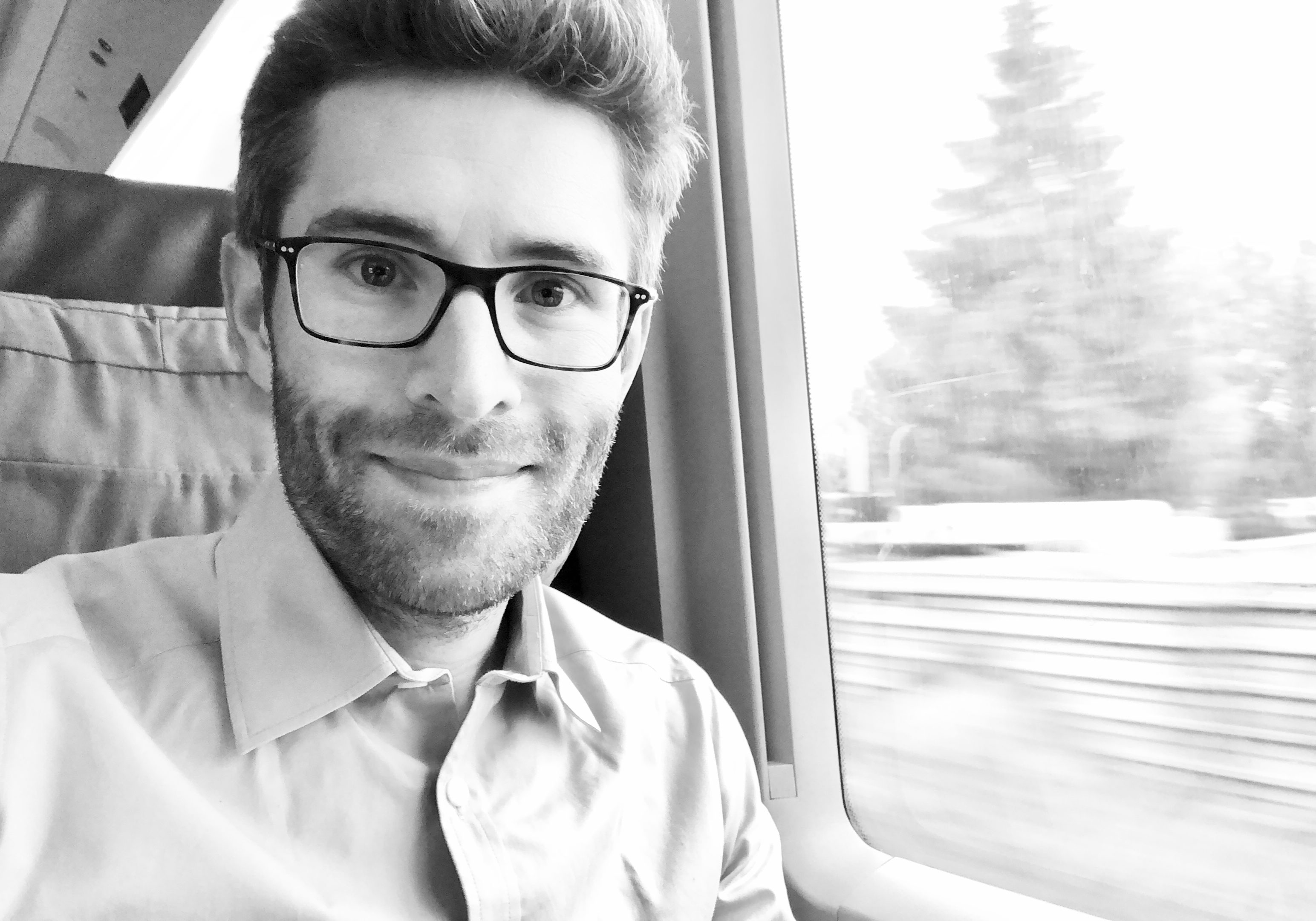
Dr. Kettemann is head of the research programme ” Regulatory Structures and the Emergence of Rules in Online Spaces” at the Leibniz Institute for Media Research │ Hans-Bredow-Institut (HBI). He leads a team of doctoral and postdoctoral researchers who investigate the rules under which new forms and practices of communication are realized in digital communication spaces, and especially in social networks. Dr. Kettemann previously led the projects “Crisis of Normativity and Normativity of the Crisis in the Internet” and “The Normative Order of the Internet” at the Cluster of Excellence “The Emergence of Normative Orders” at Goethe University Frankfurt am Main. He was a member of the directorate of the Cluster of Excellence, Convenor of the Frankfurt Colloquium for Internet Research, Co-Convenor of the “Norms, Plurality, Critique, Postdoctoral Dialogue Series” and founder and co-lead of the Research Focus “Internet and Society”.
Dr. Kettemann studied law in Graz and Geneva and was Fulbright and Boas Scholar at Harvard Law School (LL.M. 2010). In 2012 he received his doctorate at Karl-Franzens-University Graz for a thesis on the future of the individual in international law. From 2006 to 2013 he was lecturer at the Institute for International Law and International Relations of the University of Graz, where he continues to hold courses. Since October 2013, he has conducted research as post-doctoral fellow at the Cluster of Excellence “The Formation of Normative Orders” at the University of Frankfurt.
Dr. Kettemann has been co-chair of the Internet Rights & Principles Coalition, has done consultative work for the Council of Europe, the European Parliament and the EU’s Fundamental Rights Agency, and has acted as expert for several DAX companies and foundations on Internet regulation, cybersecurity and intellectual property law. He is editorial consultant for jusIT – Journal of Information Law and reviewer (inter alia) for Computer Law & Security Review: The International Journal of Technology Law and Practice; Völkerrechtsblog. International Law and International Legal Thought, juridikum. zeitschrift für kritik | recht | gesellschaft, Policy & Internet, First Monday and Political Communication. Dr. Kettemann is also an affiliate of the Network of Excellence in Internet Science and National Expert of the Internet & Jurisdiction Observatory. From 2015-2017 he was ad personam expert member and rapporteur of the Council of Europe Committee of Experts on Internet intermediaries.
Dr. Kettemann publishes regularly on legal issues of the Internet. He is author and (co-)editor of 16 books (including an introduction into the freedom of expression on the Internet that has been translated into three languages), 40+ articles in collected volumes and 50+ journal articles.

Giacomo Mazzone is the representative of African Union of Broadcasting/World Broadcasting Union (WBU/AUB) at ICANN GAC. Since 2012, Mazzone has attended several ICANN meetings, including ICANN 50 in London. He has 30 years’ experience in the information, sport and international relations sectors, trained as a journalist, with a great deal of experience in international companies and organizations (RAI, Euronews, Eurosport, and latest EBU). He also has worked for all traditional media (press, radio, general interest TV) but also new media (all-news channels, Internet portals). Expert in European and international negotiations.
Currently, his position is of Global project manager at UNDRR, following the development of the project UNDRR-WBU to train media professionals of the countries affected by Climate Changes to DRR Disaster Risk Reduction.
He is also Member of the Advisory Board of the newly founded EDMO (the European Monitoring Body against disinformation) (mandate 2020-2022), created by European Commission to monitor disinformation and fight hate speech on line.
Member of the Advisory Board of the Foundation CAPP (2020-2022), that is in charge to elaborate the social doctrine of Pope Francis, as media expert, for the Vatican.
Expert-observer to the UNESCO Convention Treaty 2005 on Cultural Diversity.
Member, as observer, since 2002 of Council of Europe’s CDMSI, the body in charge of media pluralism and information society.
He has been MAG Member of the IGF (2014-2016), where he is currently member of the Group for the Strategy and co-responsible of the BPF on local contents.
-
 C3. Access to information and knowledge
C3. Access to information and knowledge
-
 C9. Media
C9. Media
-
 C10. Ethical dimensions of the Information Society
C10. Ethical dimensions of the Information Society
-
 C11. International and regional cooperation
C11. International and regional cooperation
Internet Universality encompass all WSIS Action lines and particuarly contributes to the Line 3 Access, Line 9 media , Line 10 Ethics and Line 11 on international cooperation since it is a comprehensive framework to assess and improve digital transformation in adhereing to international standards of human rights, openness, accessible by all and multi-stakeholder participation.
-
 Goal 4: Ensure inclusive and equitable quality education and promote lifelong learning opportunities for all
Goal 4: Ensure inclusive and equitable quality education and promote lifelong learning opportunities for all
-
 Goal 5: Achieve gender equality and empower all women and girls
Goal 5: Achieve gender equality and empower all women and girls
-
 Goal 10: Reduce inequality within and among countries
Goal 10: Reduce inequality within and among countries
-
 Goal 16: Promote just, peaceful and inclusive societies
Goal 16: Promote just, peaceful and inclusive societies
-
 Goal 17: Revitalize the global partnership for sustainable development
Goal 17: Revitalize the global partnership for sustainable development
This session will allow UNESCO to present how Internet Universality foster the national sustainable development and how the Dynamic Coalition of IUIs could empower stakeholders and experts as a shared space to foster the development of their national digital and social environments via the national assessment of Internet Universality Indicators. The implementation process of Internet Universality will particularly tackle the structural issues to share knowledge, lessons learned and good practices for the completion of the 2030 Agenda for Sustainable Development Goals.
For more information on the IUIs project, kindly visit the following page: https://en.unesco.org/internet-universality-indicators
Join the Dynamic Coalition on IUIs: https://en.unesco.org/feedback/join-our-internet-universality-community
National assessments: https://en.unesco.org/internet-universality-indicators/national-assessments
AI and ROAM: https://en.unesco.org/internet-universality-indicators/ai-roam

